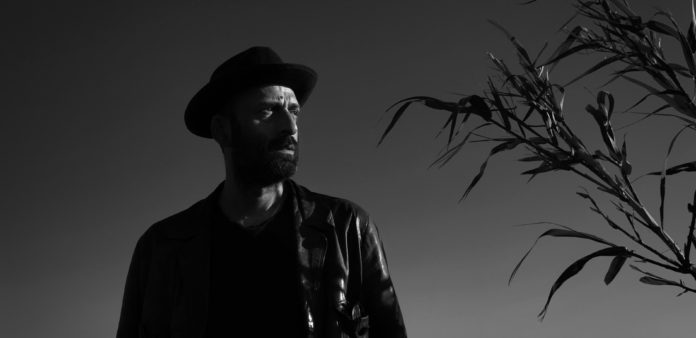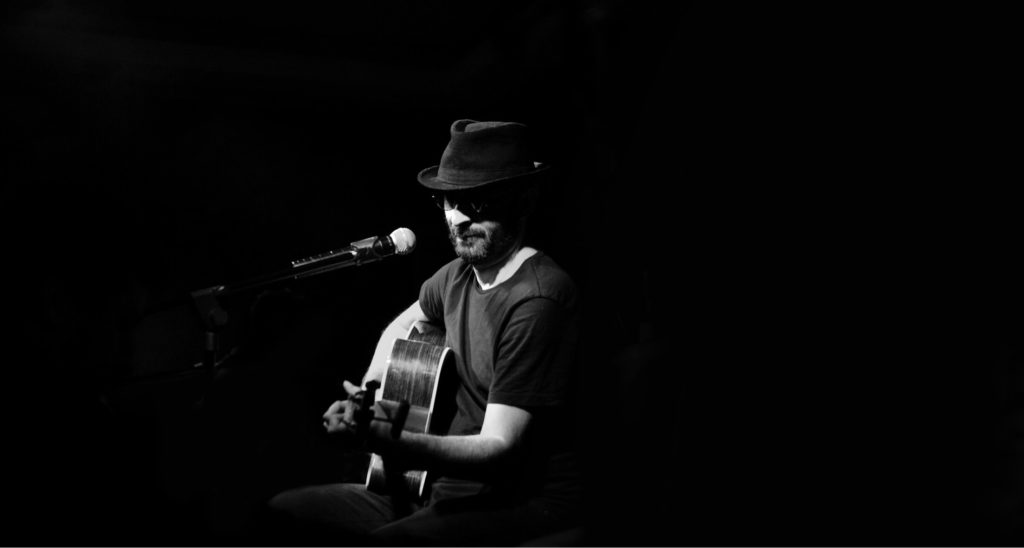By Artsvi Bakhchinyan
Special to the Mirror-Spectator
YEREVAN/ISTANBUL – Arsak (Arshak) Yasar Kurt (born August 16, 1968) is a Turkish-Armenian rock musician. He was enrolled at the Faculty of Economics of Eskisehir Osmangazi University but did not graduate.
He founded the alternative musical group Beyaz Yunus (White Dolphin), in 1993, made his first studio recording in Germany and in 1994, released the album “Sokak Sarkıları” (Street Songs) recorded in Cologne, Germany. The album, released on the Ada Müzik label, became very popular in Turkey, and a series of concerts followed throughout Turkey.
He returned in 1996 to Turkey to continue his musical career. His album “Göndermeler” (Referrals) was released in 1997 on Aks Müzik and Bogaziçi Müzik labels. After one- and-a-half years, Yasar Kurt released “Reflex” on Agdas Müzik production, with nine songs stretching in the period 1990-2000 as well as 3 cover versions. In 2003, he released a collection album “Anne” under his own music label. In 2003 he was one of the founders of “Barı arock,” a major rock event in Turkey. In 2004, he wrote the music for ATV television’s popular series “Sevda Tepesi.” In 2011, Kurt released the album “Güne Kokusu” (Smell of Sun) including a hit song called Ver Bana Dü lerimi (Give Me My Dreams).
In 2007, at the age of 40, Yashar Kurt learned from his father that he is not an ethnic Turk, but Armenian, after which he began to learn the Armenian language. In May of the same year, with Arto Tunçboyacıyan, he embarked on a project dedicated to the memory of the famous Armenian journalist Hrant Dink.











